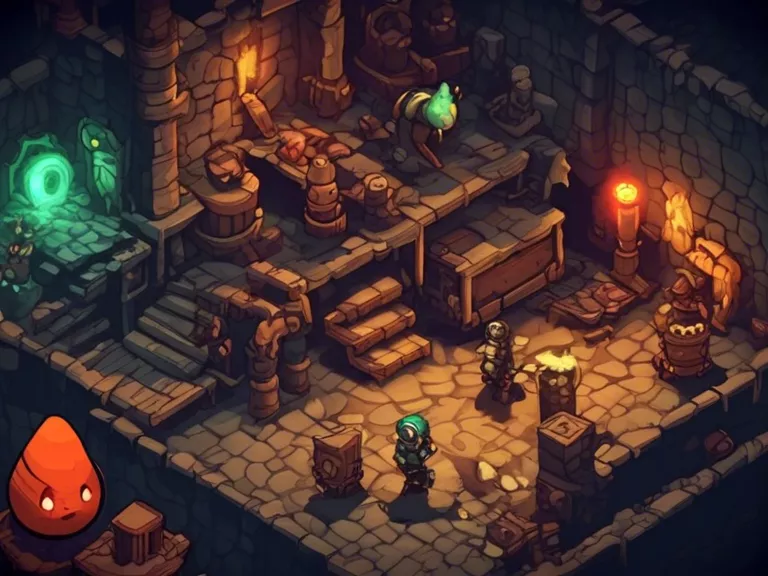
Game developers rely heavily on player feedback to make continuous improvements to their games. By listening to what players have to say, developers can address issues, add new features, and make gameplay more enjoyable. In this article, we'll explore how game developers utilize player feedback to enhance their games.
One of the most common ways game developers gather feedback is through surveys and questionnaires. These can be sent out to players after they complete a game or through online platforms. By asking specific questions about their experience, developers can pinpoint areas for improvement.
Another method developers use to collect feedback is through forums and social media. By actively engaging with players on these platforms, developers can get real-time feedback on their games. This allows them to quickly make changes and updates based on what players are saying.
Analyzing player data is another crucial aspect of using player feedback for improvement. By tracking metrics such as player retention, time spent on certain levels, and in-game purchases, developers can gain valuable insights into what is working well and what needs to be improved.
Furthermore, game developers often release updates and patches based on player feedback. By incorporating player suggestions and addressing bugs and issues, developers can ensure that their games stay relevant and enjoyable for their audience.
In conclusion, player feedback is an invaluable tool for game developers looking to make continuous improvements to their games. By actively listening to what players have to say, developers can create a more engaging and satisfying gaming experience for their audience.



